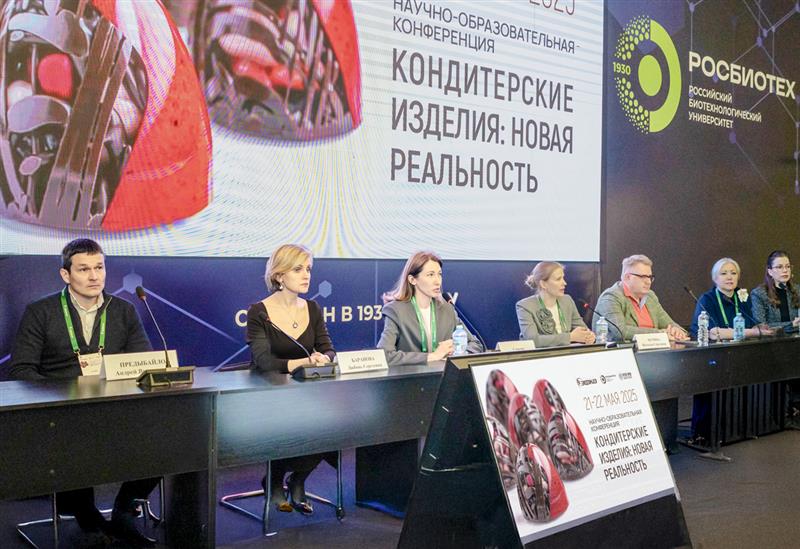Azerbaijan is one of the key markets for consumption of oil and fat products among the CIS countries. Better quality of life, the increase of population and income, urbanization and advantageous logistics make Azerbaijan attractive for exporters. EFKO’s Oil and Fat Division held a technology forum in Baku entitled “Possibilities of Using Food Ingredients: Practical Aspects”. The event brought together the largest food producers of this region on one platform.
In 2006 EFKO started to ship its fat and oil products to Azerbaijan. Since then, the company has been exporting the entire range of specialty fats and margarines to the Republic.
“In terms of consumption volumes, this market is estimated at around 20 thousand tons of products per year,” notes Eduard Tsuverkalov, Director of Export Sales Development Department. “Upon the last year results, we grew here both in monetary terms and in volumes by two times. Due to close and fruitful cooperation with the local trading and distribution company “Veysəloğlu” it became possible. At the same time, we have room for moving forward. We plan to occupy more than 40% of the Azerbaijani market, and our plans include expanding the range of ingredients.”
In 2023, the Azerbaijan largest share of import included confectionery, flour and bakery products and it accounted for 41.3% of the volume of supplies. Chocolate and sugar confectionery products accounted for 39.7% and 19.1% of imports. There are a significant number of local companies operating in Azerbaijan, but domestic demand significantly exceeds the existing production capacity of these products, which defines import increase.
Today, EFKO’s food ingredients portfolio includes about 200 items, which means that manufacturers of confectionery, bakery, and dairy products can find everything they need.
The range of milk fat replacers “Ecolact” and “Oilblend” for milk-containing products, “Ecouniversal” and “Ecoslice” for bakery products have been known to Azerbaijani manufacturers for a long time.
Due to the relatively high birth rate in the country, the sales volume of sweets is expected to increase. Our company offers confectionery fats “Econfe” and “Ecomix” for the production of wafers, candies and other products loved by young consumers. Experts note the potential sale growth of chocolate with toys. The best solution for the production of high-quality and tasty products is cocoa butter equivalents and replacers.
During the tasting at the forum, EFKO technologists presented already beloved Azerbaijani products in a new interpretation: puff pastries, shortbread cookies, muffins, chocolate and spreads.
“Our guests liked the Eastern Sweets, Truffle Delight, coated wafers, crispy cookie sticks, kurabiye cookies, and muffins. We told not only how to make delicious sweets using our ingredients, but also revealed technological secrets that our colleagues can immediately use in their production. How to achieve maximum flavor release, how to make sure that the filling and body of the sweet do not come into “conflict” but enhance each other’s flavor, how to make crumbly cookies and fluffy muffins. Our technologists are happy to share their experience,” said Sofya Tokar, EFKO’s leading technologist.
Another area in which the company’s specialists see opportunities for development in the Azerbaijani market is high-tech food additives and ingredients, those are emulsifiers, lecithins, cocoa products, and as well chocolate and coatings in the near future.
This is a great opportunity for local manufactures not only to expand, but also to improve their already familiar range of products with complete quality control.



